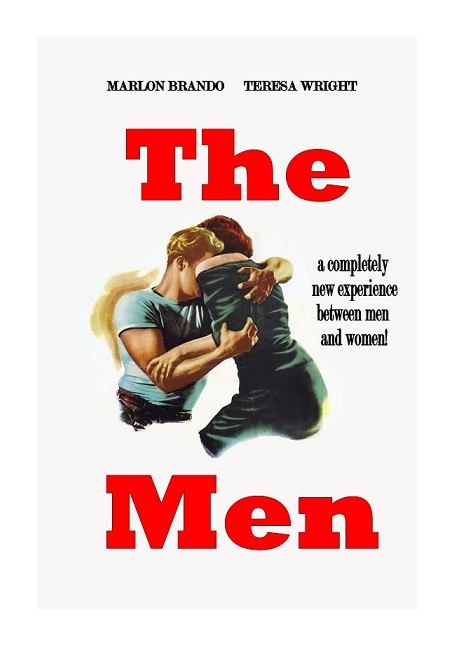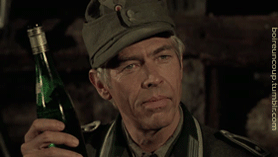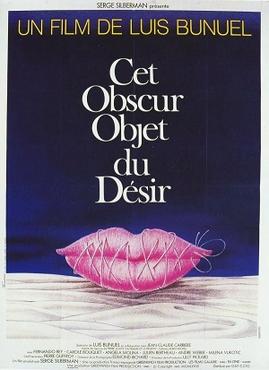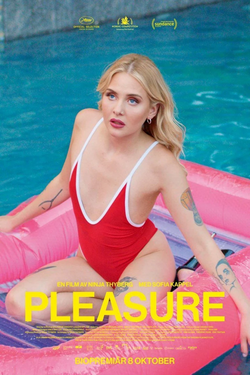
The Devil Wears Prada, 2006
Andy (Anne Hathaway) is an aspiring writer who takes a job at fashion magazine Runway under the ruthless watch of editor Miranda (Meryl Streep). As Andy gets more embroiled in the fashion life, she gets support from co-worker Nigel (Stanley Tucci) but her relationship with her boyfriend Nate (Adrian Grenier) is strained.
This film was a really pleasant surprise, and ended up telling a much more nuanced and complex story than I expected.
There are two really obvious tropes that the film could have leaned into. The first is the "makeover" arc where a woman learns (usually through stripping or dancing or whatever) that she's actually pretty and comes to own her femininity. The other arc is the "don't change who you are!" arc, where someone learns that it's what's inside that counts. Refreshingly, the film doesn't move only in one direction, allowing for some complicated and layered storytelling that wraps in multiple characters and character arcs.
There's something wonderful about a film that can convey "it's complicated!" without feeling muddled. But The Devil Wears Prada shows us multiple variations on complication, not letting us have any easy answers.
At the center of it all, of course, is Andy. Andy begins the film with a derisive attitude toward fashion. There's a famous sequence---that I had seen previously--where Miranda explains to Andy that her off-the-rack sweater is just a long-form derivation of the high fashion decisions from earlier fashion seasons. But I was a fan of a moment where Nigel quietly tells Andy that fashion is important as a form of art because "we live in it." Andy learns to dress and style herself sharply at first to fit in, but soon develops an affinity for it.
At the same time, however, the film explores the negative side of the fashion world and more generally office culture. From the start, Andy (who is a size 6) is referred to as being fat. With a sigh she is told that they don't have any clothing in her size in their extensive closets. When she loses weight and goes from a size 6 to a size 4, she is immediately congratulated. Andy's fellow assistant, Emily (Emily Blunt) is on a diet of . . . not eating anything except for a cube of cheese when she begins to feel faint. The neutral acceptance of this is damning in its silence. There's something really nefarious about the way that Andy is forced into wearing high heels, something that is physically unhealthy for many women.
Beyond the gender-specific pressures on Andy, the film explores the challenges and benefits of working in a high-pressure, ruthless environment. On one hand, Miranda's uncompromising, vicious rebukes and threats drive Andy to accomplish things that are borderline impossible, such as in a standout sequence where Miranda demands that Andy acquire the latest Harry Potter book---by which she means the unpublished manuscript of the latest book. But while this type of work environment can push some people to do things they would not have achieved on their own, it also fosters a culture of fear and negativity. This is an office where the success of your co-workers is a threat, not something to be celebrated. This is seen most in the ongoing rivalry between Andy and Emily, but it impacts almost every character we meet at some point in the story. And most of that impact is negative.
The film also explores the classic "work or romance" quandary, via both Andy's relationship with Nate and Miranda's own relationship with her husband and children. This is one place where I had a bit of a split with what the story presents. Through the film, Andy's work repeatedly gets in the way of her time with friends and family. She gets an "emergency" call from Miranda while hosting her dad who has flown in from out of town. She ends up having to work on her boyfriend's birthday. Whenever there is an important conversation to be had, her phone rings. In one bust-up, Nate tells her that "the person whose calls you answer? That's who you're in a relationship with." Which, okay, fine. But also, from the outset Andy's work at Runway was always meant to be something that would last a year. I understand that Andy's work is putting a big strain on her relationship with Nate, but women are frequently expected to rearrange their lives around their husband's work, and often for more than just a year. The fact that Nate expects Andy to move to a different city with him without even asking if that's what she wants made me think a lot less of him and of their relationship dynamics overall. Andy actually articulates at one point that if Miranda was male, people would focus almost exclusively on how brilliant she is, and I think that this spills over into how Andy is treated by Nate.
The performances are really top notch here, and Blunt and Tucci in their supporting roles really give a lot of humor and dimension to the story. Streep is amazing, and Hathaway is perfect in the lead, balancing the story's demands that she be both hapless and very smart/capable at the same time.
This deserves, in my opinion, far more than the 6.9 average it has on IMDb. I am highly skeptical of the number of 1/10 votes for it.

 of the miniseries, Richard Chamberlain.
of the miniseries, Richard Chamberlain.














